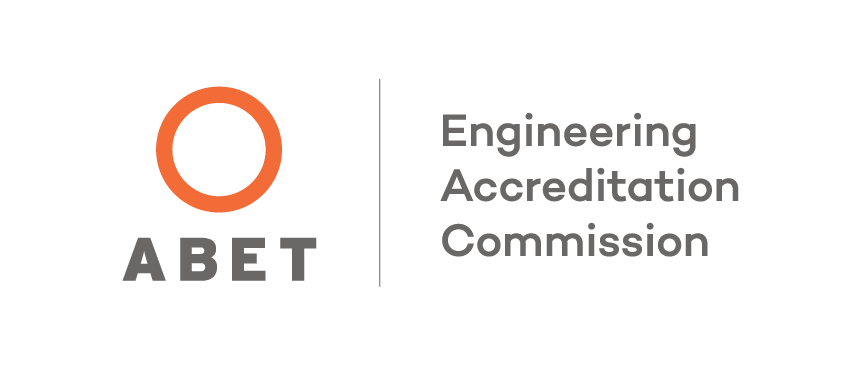 The Bachelor of Science in Mechanical Engineering program at the University of Alabama is accredited by the Engineering Accreditation Commission of ABET, under the commission’s General Criteria and Program Criteria for Mechanical and similarly named Engineering Programs.
The Bachelor of Science in Mechanical Engineering program at the University of Alabama is accredited by the Engineering Accreditation Commission of ABET, under the commission’s General Criteria and Program Criteria for Mechanical and similarly named Engineering Programs.
The University of Alabama’s bachelor of science in mechanical engineering program is designed to specifically allow students maximum flexibility to select courses that will benefit them the most in support of their own career aspirations.
All Flowcharts
More Information
Program Objectives and Student Outcomes
Program Educational Objectives
Graduates of The University of Alabama BSME program and the Manufacturing Engineering Program will be able to:
- Our graduates will be expected to follow one of two career paths: technical or management. We expect them to have sufficient career and professional accomplishments within 5-10 years of graduation to be considered as either an engineering expert or a leader/manager.
- Our graduates will continue to grow in expertise and knowledge by participating in activities that enhance professional development in their career path.
- Our graduates will contribute to the profession in ways that benefit society.
Student Outcomes
The mechanical engineering program at The University of Alabama will demonstrate that its graduates have
- an ability to identify, formulate, and solve complex engineering problems by applying principles of engineering, science, and mathematics
- an ability to apply engineering design to produce solutions that meet specified needs with consideration of public health, safety, and welfare, as well as global, cultural, social, environmental, and economic factors
- an ability to communicate effectively with a range of audiences
- an ability to recognize ethical and professional responsibilities in engineering situations and make informed judgments, which must consider the impact of engineering solutions in global, economic, environmental, and societal contexts
- an ability to function effectively on a team whose members together provide leadership, create a collaborative and inclusive environment, establish goals, plan tasks, and meet objectives
- an ability to develop and conduct appropriate experimentation, analyze and interpret data, and use engineering judgment to draw conclusions
- an ability to acquire and apply new knowledge as needed, using appropriate learning strategies.
 The Bachelor of Science in Mechanical Engineering program at the University of Alabama is accredited by the Engineering Accreditation Commission of ABET, under the commission’s General Criteria and Program Criteria for Mechanical and similarly named Engineering Programs.
The Bachelor of Science in Mechanical Engineering program at the University of Alabama is accredited by the Engineering Accreditation Commission of ABET, under the commission’s General Criteria and Program Criteria for Mechanical and similarly named Engineering Programs.